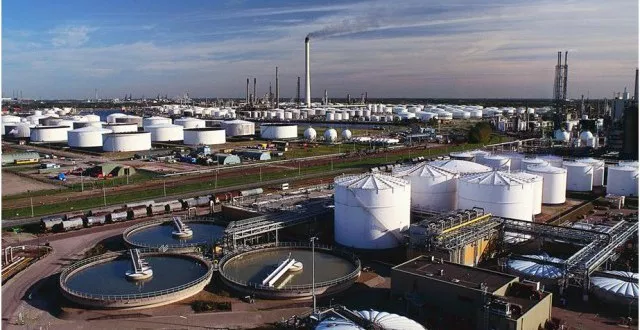An international trade and relations expert, Adekunle Ayoola, says the ongoing war between Russia and Ukraine and the consequent disruption in the global energy supply chain should serve as a wake-up call for Nigeria to develop its oil and gas maximise the huge economic benefits inherent in the sector.
The Poland-based Nigerian said if the government had developed a significant sector of the economy, Nigeria would have been in a good position to become a major supplier of oil and gas to other countries of the world in the aftermath of the outbreak Russia-Ukraine war.
Ayoola said this while speaking on the ongoing Russia-Ukraine crisis as it affects global trade and development in Africa.
“The Russia-Ukraine war has varied implications for Nigeria. While the spike in oil price has a silver lining for the domestic economy due to the expected boost in oil revenue, rising subsidy payments remain a fundamental challenge,” he said.
According to him, Nigeria will also be at risk of higher imported inflation which could drive up domestic commodity prices.
The expert said, “The import-dependent country will also be at risk of higher imported inflation, which could drive up domestic commodity prices and reverse the current decline in inflation. Nigeria’s headline inflation fell marginally to 15.6 per cent in January 2022 from 15.63 per cent in the previous month.”
“Access to credit from the international debt market will be largely undermined as investors adopt a cautious approach due to prevailing economic uncertainties. The country is also at risk of increased debt service costs due to higher interest rates in advanced economies.”
Ayoola commented, explaining how the Russia-Ukraine crisis had affected the global commodity market, “Russia is known to be the second-largest oil producer globally; the conflict in the region would disrupt oil supplies, reduce output and trigger higher prices. Already, the oil price is above $100, and the impact on energy prices is already being felt around the world, and Nigeria isn’t an exception.”
“The deregulated components of petroleum products would witness sharp increases which include diesel, aviation fuel, and kerosene and gas would suffer the same fate. And the escalation of these costs, there would be serious inflationary implications across all sectors of the economy”
Ayoola said it was regrettable that Nigeria, the largest oil producer in Africa, does not have a functional refinery.













